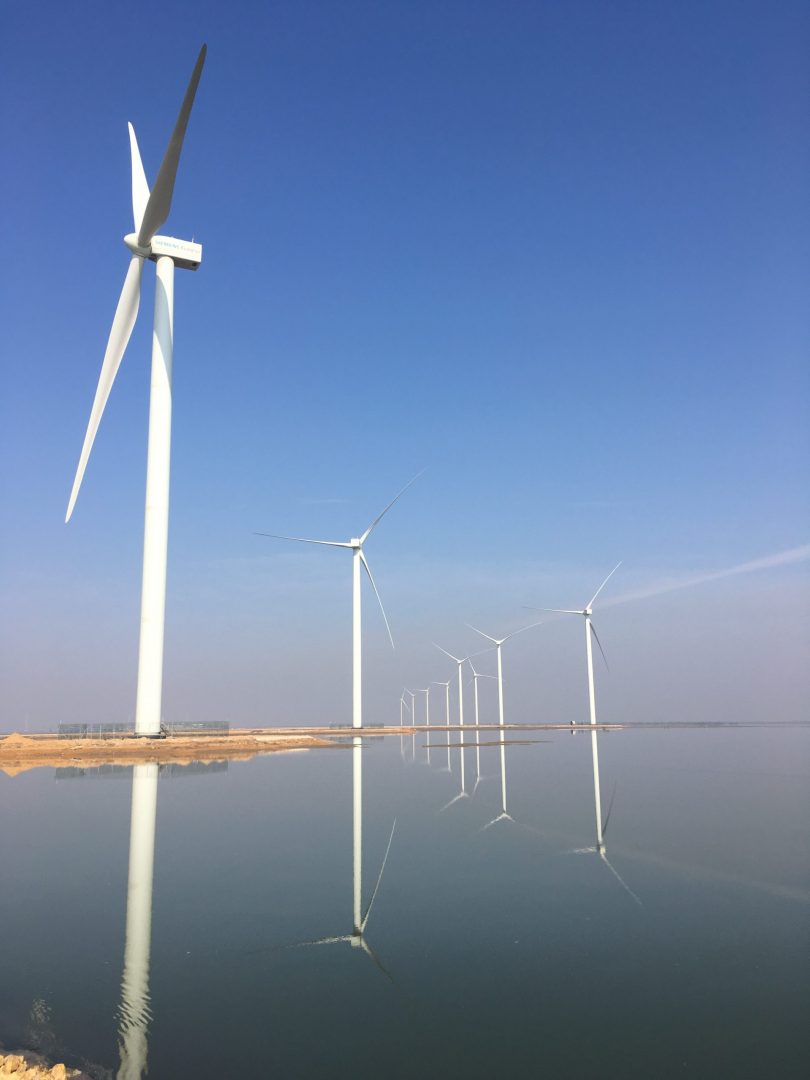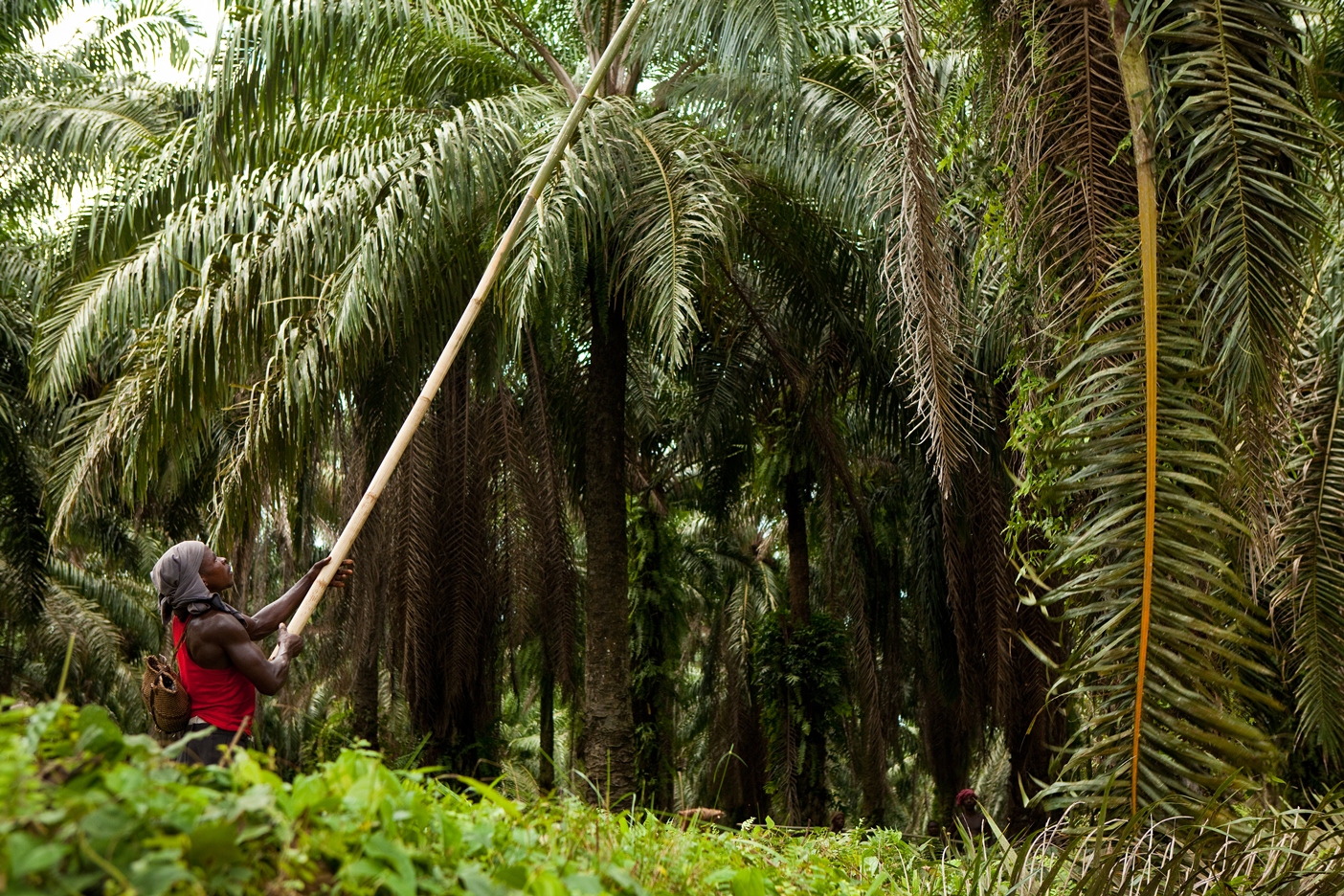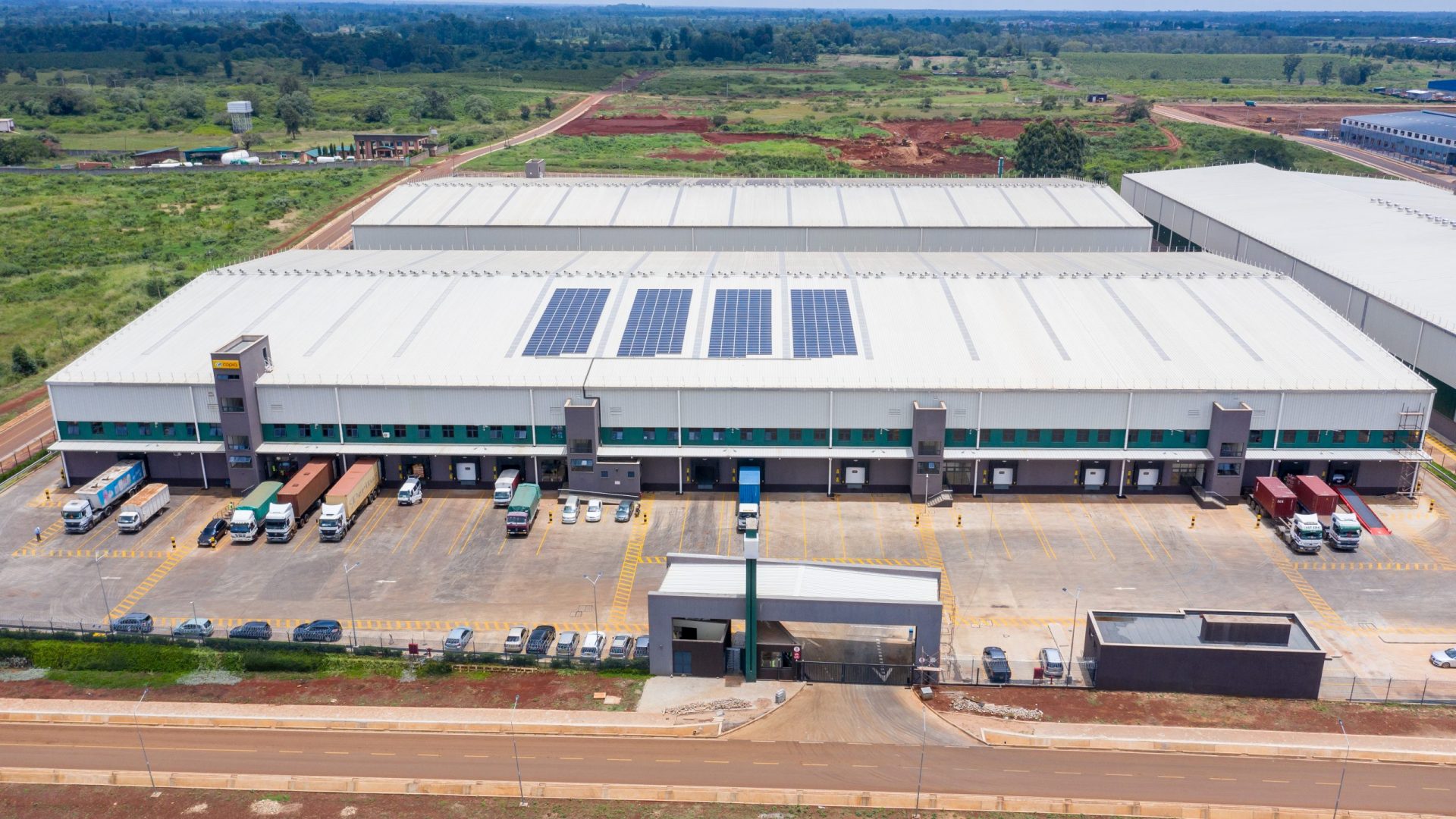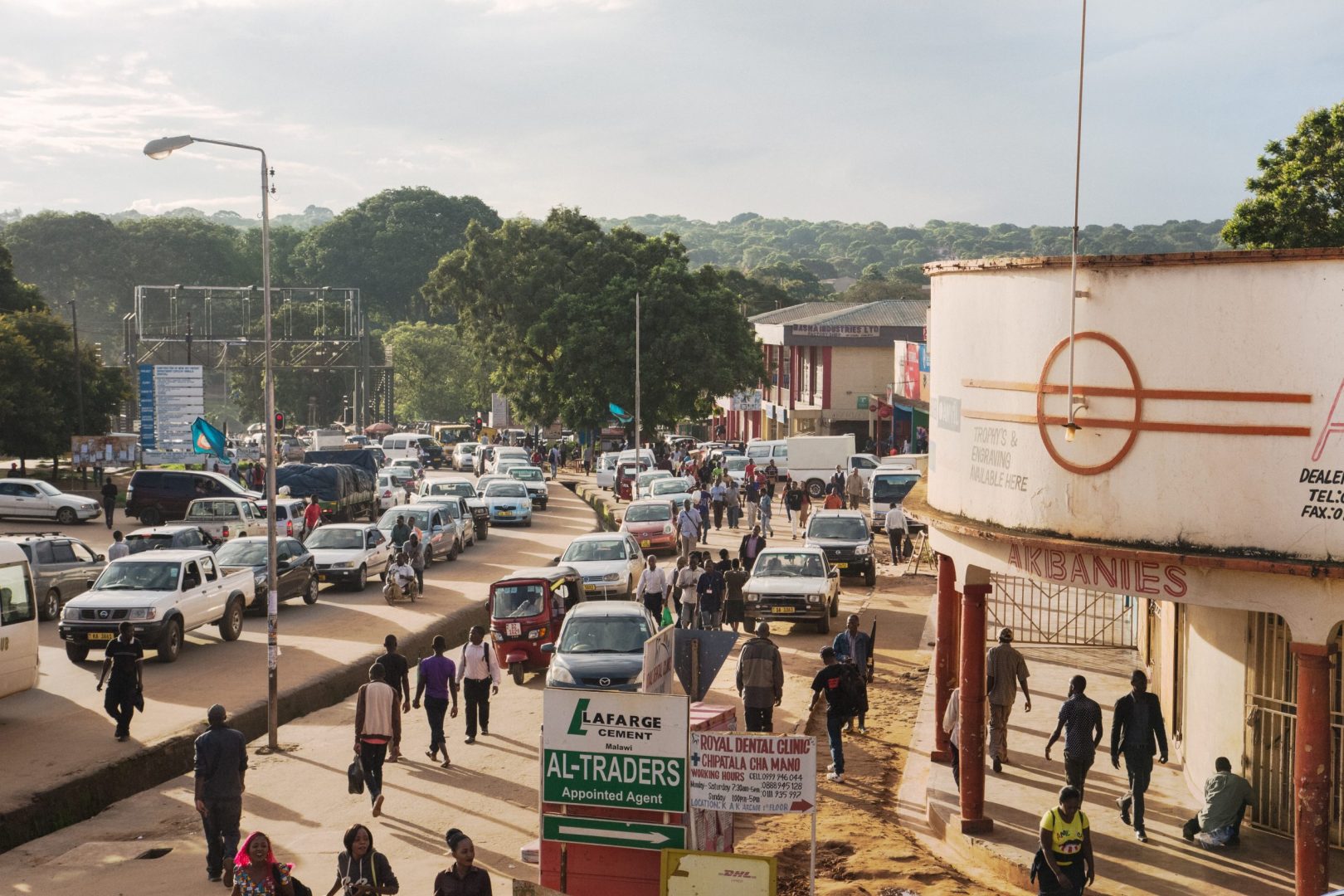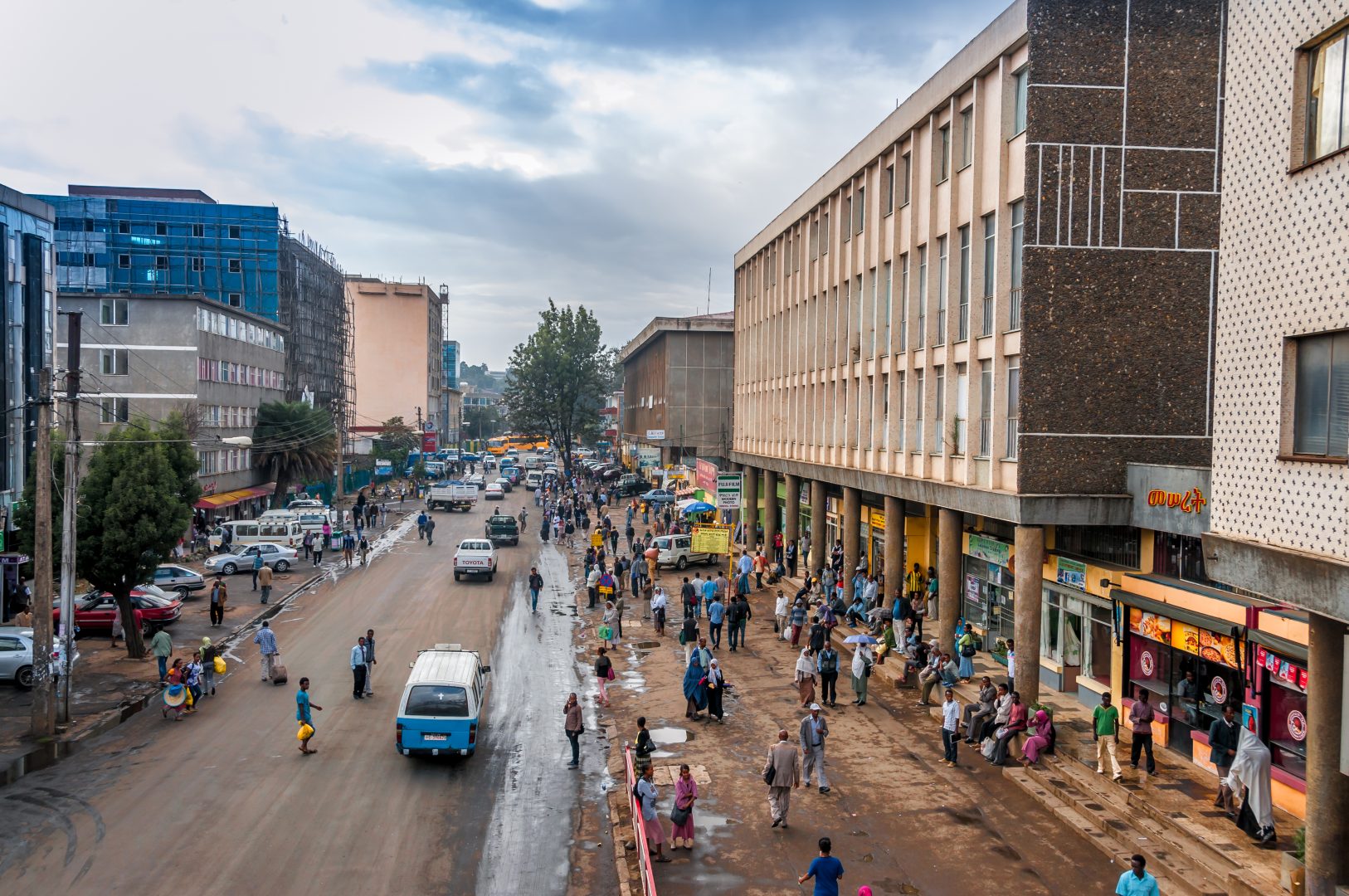Shining a light on off-grid solar
Off-grid solar power has huge potential to bring clean, affordable power to hundreds of millions of homes and businesses. At CDC, we target investment into the off-grid solar sector to complement our grid-scale investments. Today, our off-grid solar investments reach seven million households in Africa and South Asia.
We’ve been speaking to some of the off-grid solar businesses in our portfolio about where they see off-grid solar making a positive impact, how climate change affects their business, and what more investors like CDC can be doing to help the sector grow.
Lighting the path to net-zero
Off-grid solar companies help to protect the environment by avoiding the carbon dioxide emissions emitted by other power sources. There are also significant health benefits for rural households, who would otherwise rely on kerosene or wood as fuel. “Mitigating climate change is really at the core of what we do.” explains Tsakane Ngoepe, Director of Strategic Finance at M-KOPA. Based in Kenya, M-KOPA is a leading provider of pay-as-you-go solar home systems. It also offers financing for other products that improve people’s standards of living.
“While we are a financing company, we see financing as a critical enabler for allowing customers to switch from potentially harmful energy sources to more renewable ones. We have done this historically with our solar home systems and look forward to doing it with other kinds of devices like electric motorbikes or electric cars. So really, we see financing for consumers as an important enabler in allowing consumers globally to move from harmful power sources or non-energy efficient appliances to more renewable energy solutions.”
CDC has been investing in M-KOPA since 2016 and since its inception in 2012, the company has reached over one million customers.
Powering growth for small businesses
Off-grid solar businesses also play a key role increasing access to power. In Nigeria, only 47 per cent of people have access to grid electricity and even those who do face regular power cuts. This makes basic activities – such as lighting, refrigeration and operating appliances – challenging and restricts economic development. Lumos, one of the country’s leading off-grid solar businesses, is trying to change that.
Wale Alao, Chief Commercial Officer at Lumos Nigeria explains how: “We observed that many businesses were closing early because of lack of access to power. For example, restaurants, bars or eateries would usually have to close by 6pm in the evenings. By providing them with an alternative energy supply, they are able to power their restaurants and they’re able to extend their opening hours. This increases their revenues and improves their standard of living because they can work more efficiently than before.”
In addition to increasing business opportunities, replacing fossil fuel power supplies with Lumos’ solar home system offers significant cost savings. According to Lumos, their solar home system costs up to 70 per cent less than the price of a generator, and some of their customers have also fully paid for their solar home system, meaning they now have access to a free power supply. The business, which we invest in through Pembani Remgro Infrastructure Fund, currently reaches over 120,000 households in Nigeria.
We are invested in Lumos through a fund managed by our partner, Pembani Remgro Infrastructure Managers.
70%
Lumos' solar home system costs up to 70 per cent less than a diesel generator.
The realities of climate change
Despite having a positive impact on the planet, off-grid solar businesses are suffering the consequences of climate change. Naomi Kioi, Global Marketing Manager of off-grid solar company Greenlight Planet provided an insight into what is happening:
“A sobering fact is that the world’s poorest nations and communities, that lack efficient resources to adapt to climate change, will be the most affected, despite having contributed the least to global warming.”
For Greenlight Planet, climate change is affecting how the business reaches low-income populations: “When natural disasters occur, it becomes even more difficult to serve the energy needs of these populations because of operational difficulties during natural calamities. There are displaced households, delays reaching these hard-to-reach areas and delays reaching the ‘last mile’ demographic among other operational challenges that we face.”
An important role for investors
At CDC, we made our first investment in off-grid solar in 2015 through Energy Access Ventures, an equity fund focused on solar solutions across Africa. We’ve learnt a lot since then, and we know there’s still more work to be done to support the sector. We asked CEO of Lumos, Alistair Gordon, where he sees the role of impact investors like CDC:
“I think investors like CDC have a responsibility to provide leadership in the investment community. Where I think investors like CDC can help us is in their willingness to be flexible and dynamic in the types of investment models that they’ll pursue. I’ll give you an example. I know, for a number of years now, CDC has been pushing very hard for local currency support, which is incredibly valuable to us because a high risk in our business is currency exchange, and devaluation of currencies.
“Also, CDC’s very strong global reach is valuable to us. It helps us when we look to expand. We started life in Nigeria some time ago, then we expanded to Cote d’Ivoire and we have ambitions to go wider and deeper in other West African countries. Investors like CDC come with an awful lot of contacts and engagement and knowledge about those countries, which assists enormously as we try to grow our business.”
CDC has a 70-year history as an investor in energy and infrastructure in Africa. More recently, we’ve targeted investment into the off-grid solar sector to complement our grid-scale investments. We are invested, directly or through funds, in eight of the top ten Pay-As-You-Go off-grid solar companies in Africa.
8
We are invested in eight of the top ten Pay-As-You-Go off-grid solar companies in Africa.

